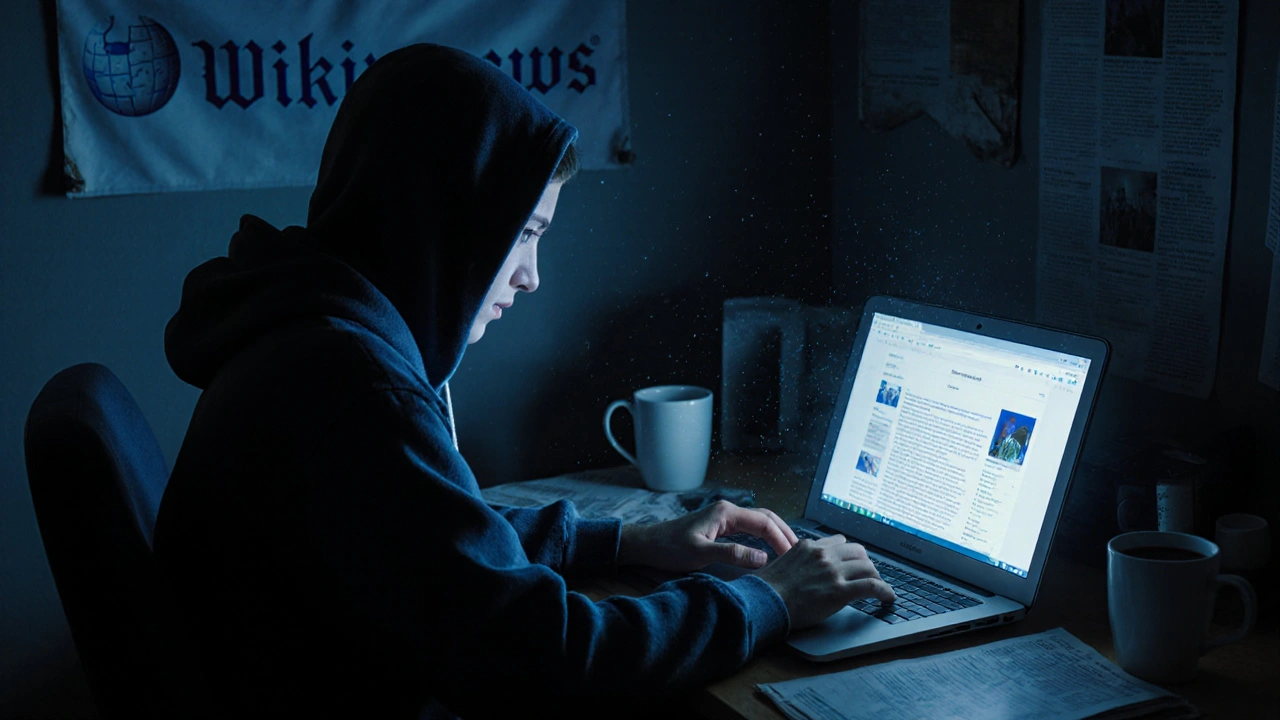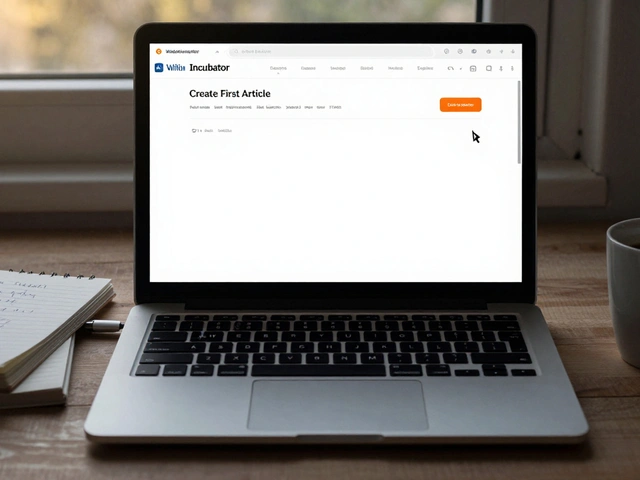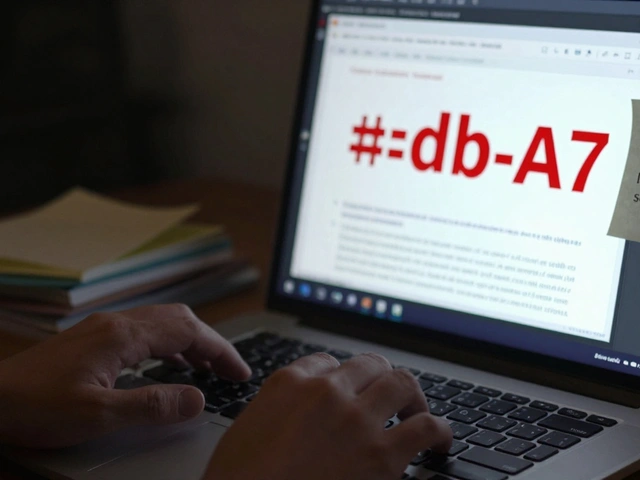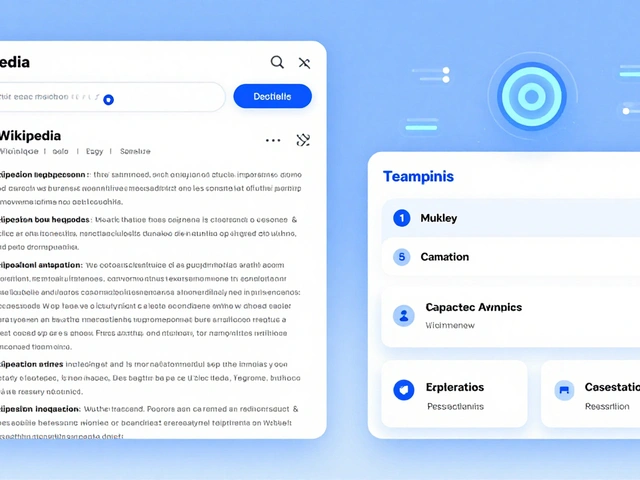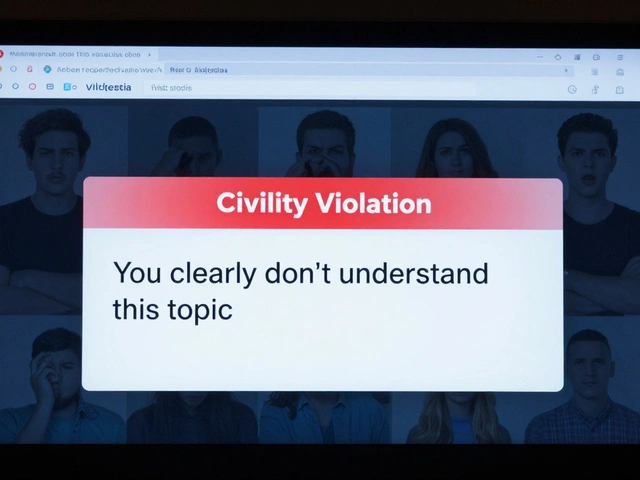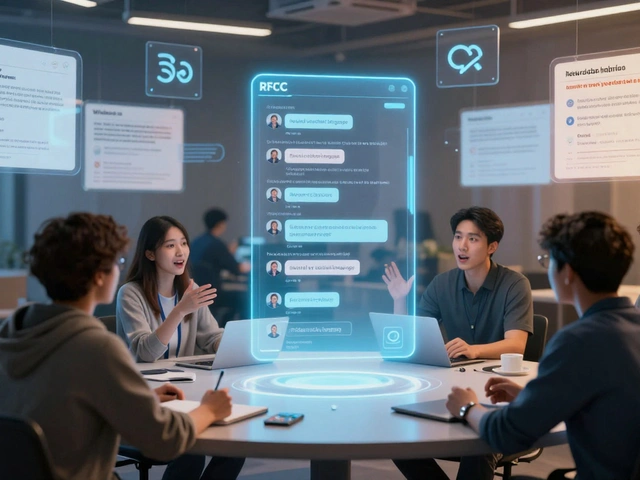Volunteer Journalism: How Wikipedia's Editors Shape Public Knowledge
When you think of journalism, you might picture reporters with press badges and newsroom desks. But volunteer journalism, the practice of unpaid, independent editors researching, writing, and verifying news about Wikipedia itself. Also known as community journalism, it’s the quiet force behind Wikipedia’s transparency and accountability. Unlike traditional media, this isn’t driven by clicks or advertisers. It’s powered by people who care enough to track policy changes, expose vandalism, and explain why certain stories make it into the news while others don’t.
This kind of journalism doesn’t cover celebrity scandals or breaking wars. It covers the people who make Wikipedia work—the editors who spend hours arguing over sourcing, the volunteers who fix biased language, and the teams that defend the site from copyright takedowns. The Wikipedia Signpost, a weekly newspaper written and edited entirely by volunteers. Also known as Wikipedia’s internal newsroom, it’s the closest thing Wikipedia has to a press outlet. It reports on edit wars, governance votes, and AI policy debates—not because they’re trending, but because they shape what millions of people believe is true. You won’t find this kind of reporting anywhere else. No corporate owners. No paywalls. Just facts, sourced, and verified by people who’ve spent years learning how Wikipedia actually works.
Volunteer journalism also includes the quiet work behind the scenes: editors who build annotated bibliographies for underrepresented topics, or who use watchlists to catch malicious edits before they go live. It’s in the task forces fixing systemic bias, the copy editors clearing thousands of articles from backlog, and the Wikimedians who explain licensing rules to journalists who mistakenly treat Wikipedia as a primary source. These aren’t hobbies. They’re acts of civic responsibility. And they’re the reason Wikipedia still ranks higher in public trust than AI-generated encyclopedias—even when those tools answer faster.
What you’ll find below is a collection of real stories from this world. You’ll see how a single volunteer can influence global knowledge policies. How a local historian gets their town’s history added to Wikipedia. How AI tools are changing the game—and why human oversight still matters. This isn’t theory. It’s practice. And it’s happening right now, in real time, by people who don’t get paid to do it.
The Challenge of Maintaining Journalistic Standards in Volunteer-Written News
Volunteer-written news sites like Wikinews offer open access to reporting but struggle with accuracy, bias, and verification. Without professional oversight, misinformation spreads faster than corrections.
Funding and Sustainability Challenges Facing Wikinews
Wikinews survives on volunteers and shared infrastructure, but faces declining contributors, no funding, and low public awareness. Can open journalism thrive without pay or support?

